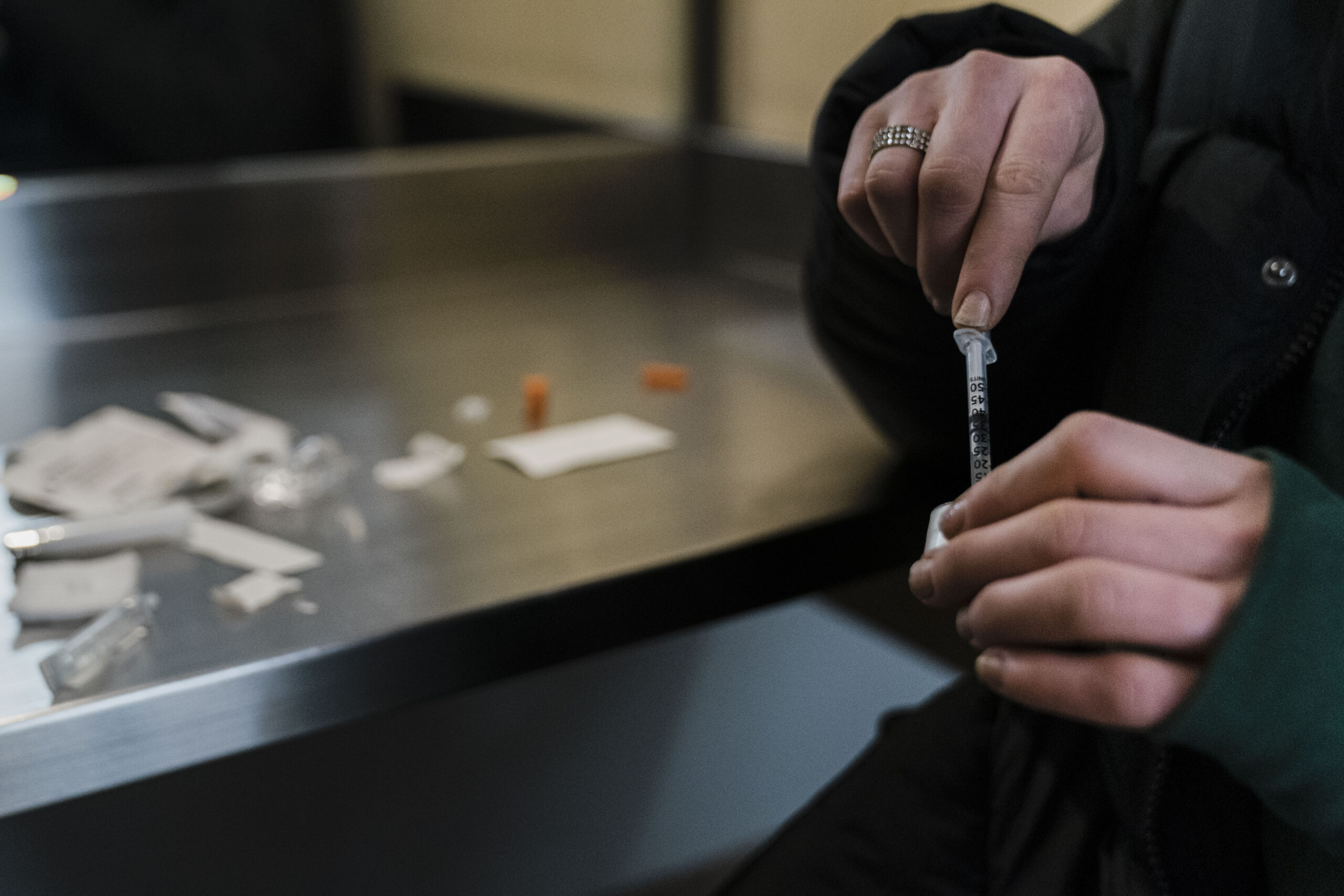San Francisco’s Board of Supervisors breezed through a two-hour meeting Tuesday, but laid the foundation for new policy fights as it delayed a settlement with pharmacies over the opioid epidemic, and as a new audit of the city’s affordable housing office raised transparency concerns.
The full details, as always, are in this week’s agenda.
Harm-Reduction Funding Fight Puts Opioid Settlement on Hold
Today the board was set to approve two settlement agreements with nationwide pharmacy chains over damages suffered by San Francisco through negligent prescription oversight practices.
Under the agreements, Walmart is prepared to pay the city up to $6.8 million and CVS Pharmacy is set to pay up to $12 million.
District 9 Supervisor Hillary Ronen made a motion to continue approval of the settlements until next week’s meeting, when the board will hold a closed-session discussion with City Attorney David Chiu over his finding that proceeds cannot be used to fund safe consumption sites.
“There is a difference of opinion on what is a legal decision and what is a policy decision for us, and I want us to have that discussion all together,” Ronen said as she made the motion. “It is beyond time that we open these [facilities], and there is one person, the city attorney, who is standing in the way.”
The finding applies not only to the present payoff deals but to other related settlements and judgments won by the city in the ongoing litigation, including a landmark judgment against Walgreens and other legal victories that have netted the city more than $120 million.
The City Attorney’s Office found that since the settlement proceeds become public funds once accepted by the city, they can’t be used to fund the harm-reduction facilities, which technically violate federal law.
Gov. Gavin Newsom vetoed legislation to legalize the sites in California last August. San Francisco is moving forward with a plan similar to one deployed in New York, where the sites would be privately run and funded, but with complementary city services on-site.
In other settlement news, supervisors cleared a settlement where the city will pay $3.4 million to the owners of the Hotel Vertigo, for damages incurred while the hotel was leased under the Shelter-in-Place Hotel Program.
It’s one of a series of multimillion-dollar claims that San Francisco has paid out for damages incurred to hotels under the program. Two more claims totaling another $5.5 million are already in the pipeline for board approval sometime in the next few weeks.
Housing Hackles
Meanwhile, one supervisor who is frequently at loggerheads with Mayor Breed on affordable housing policy announced the belated arrival of an audit of her office’s handling of relevant funding.
During roll call, District 5 Supervisor Dean Preston described the audit, which was requested by his office in July 2021, as “extremely disturbing” and as describing a lack of transparency at the Mayor’s Office of Housing and Community Development.
The audit found that the agency failed to make required regular reports on the status of projects, and that what reports were submitted “were of limited value” as the agency has no metrics “to use as a baseline for comparison to the actual time and cost of developing affordable housing.”
“I am deeply concerned that we are entrusting the crucial task of affordable housing production to a department that has no oversight, no transparency, no policies guiding key funding decisions,” Preston said as he called for a hearing on the audit’s findings and exploration of structural changes necessary to place the agency “back on track.”
Preston has had regular disagreements with Breed over funding and approval of affordable housing in his district, and called for a ballot measure to create an oversight commission for the housing agency last July.
District 11 Supervisor Ahsha Safaí also introduced legislation co-sponsored by District 7 Supervisor Myrna Melgar, to expedite the site permit process for housing, after requesting it be drafted by the city attorney last month.
As it turns out, Breed’s office is working on similar legislation, leading to speculation over competing bills.
“We are still reviewing the proposed legislation, but it is more limited than our approach. Our next step is to have a public forum on our proposal with the Department of Building Inspection and Planning Department on April 19 and introduce [it] after that,” a spokesperson for Mayor Breed’s office told The Standard when asked for comment.
In Other Moves
- The board adopted a sustainability report outlining plans for revitalizing Japantown, including the designation of a new cultural district.
- Safaí also introduced a resolution creating an Excelsior Community Benefit District.
- Board President Aaron Peskin formally introduced legislation co-sponsored by Breed to expedite office-to-housing conversion projects.
- District 6 Supervisor Matt Dorsey introduced legislation to eliminate some of the fees for such conversions.
- District 2 Supervisor Catherine Stefani introduced a bill to restore military service to the categories of time eligible for city employee pensions. The category had been cut in 1970, at the height of public opposition to the Vietnam War.
- Board members together adjourned the whirlwind meeting in memory of two of San Francisco’s leading ladies who recently passed: Drag performer and entrepreneur Heklina, and Eleanor Johns, the longtime confidant of former Mayor Willie Brown who as his chief of staff was the first woman to occupy the position in the city’s history. “That is the human being that kept Willie Lewis Brown out of trouble,” Peskin said of Johns in tribute.
